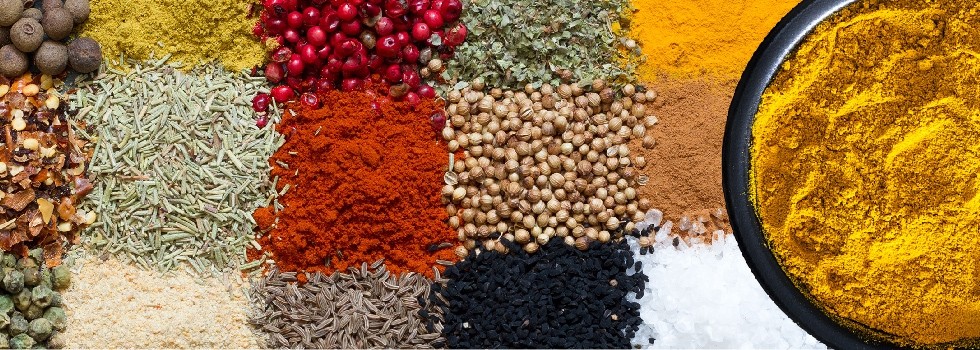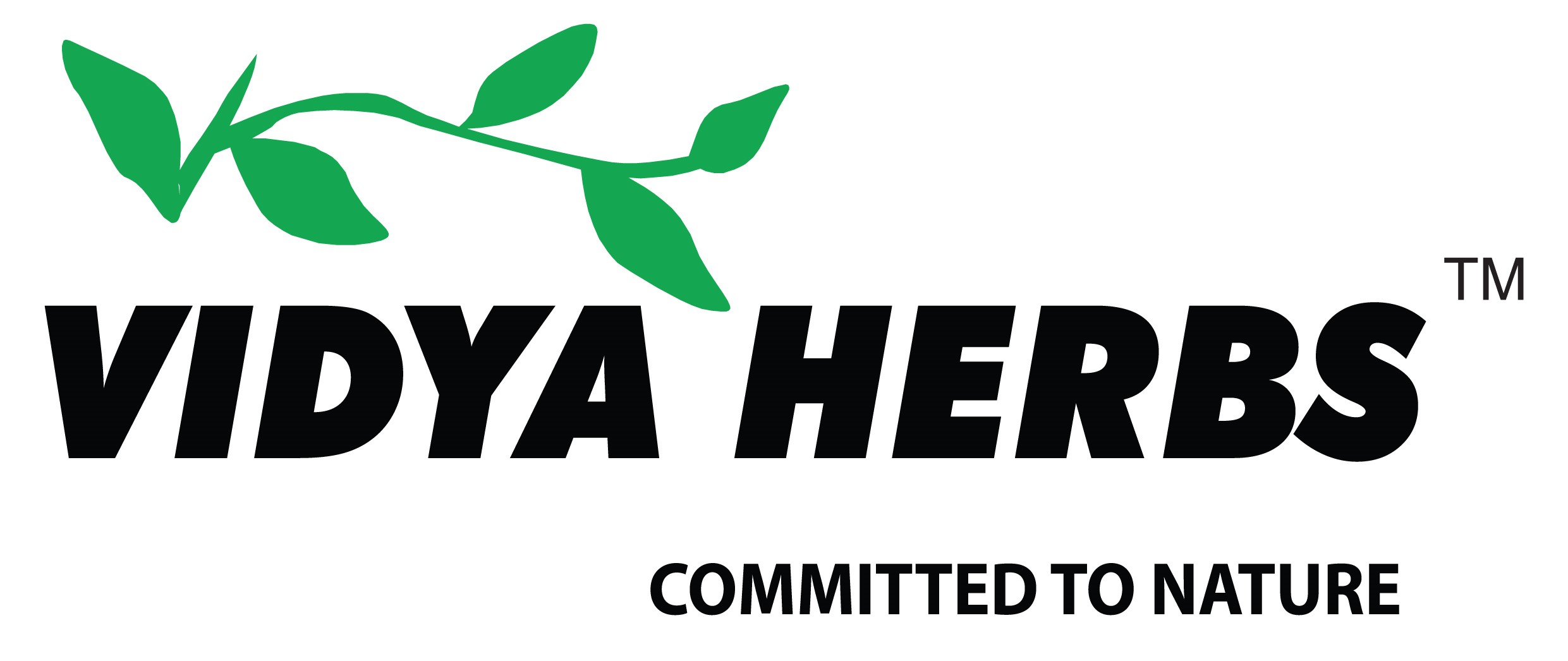Promotional Features
The Importance of Traceability for Botanical Extracts
Botanical extracts represent a major part of product formulations within dietary supplements and functional foods around the world. A market report by Precedence Research1 indicated that the size of the global plant extracts market in 2021 was a staggering $10.19 billion (USD) with a projected compound annual growth rate (CAGR) of 9.2% between from 2022 to 2030.
While demand continues to increase, so too has the importance of adequate traceability and testing of these botanical ingredients. Compared to synthetically produced compounds, botanical ingredients face a number of unique challenges and considerations that can affect their safety, efficacy and quality.
Procurement and product development teams need to be able to understand not just the specifications of the finished extract, but the source, specifications and story of the crude botanical material used to make the extract.
By purchasing ingredients through distributors and/or brokers, much of that understanding of an extract’s origin becomes more difficult to investigate or is completely lost. Where the crude material was grown, under what conditions (e.g., pesticides, farming practices, employee working conditions, etc.), what part of the plant is being used and how the extract was prepared are all important components that become more nebulous when customers are not working directly with the manufacturers of these products.
Vidya Herbs has a long history of being a manufacturer of herbal extracts, with the first manufacturing units having been established in 2004 in Bangalore, India. Through the years, the company has recognized the need for traceability of herbal extracts that it produces for customers. Both manufacturing facilities and farms the company owns or partners with have been the subject of audits by both independent agencies and customers to ensure compliance with certifications such as organic, regenerative agriculture, biodynamic, and Fairtrade.
The company’s commitment to traceability does not only play a pivotal role in the ability to make products according to a customer’s desired specifications, but also to assist customers with the robust testing needs required by regulatory bodies around the world. In addition to partnerships with 3rd party, independent laboratories, the company has procured equipment for in-house testing of crude botanical materials used in production as well as finished extracts. In-house testing capabilities include GC-MS (gas chromatography-mass spectrometry), ICP-MS (inductively coupled plasma mass spectrometry), HPLC (high-performance liquid chromatography), and HPTLC (high-performance thin layer chromatography).
A high level of traceability confers benefits well beyond analytical and regulatory support. The ability for brand managers and/or marketing teams to join the company on both manufacturing facility and farm tours in India allows for the creation of high quality, authentic marketing collateral (e.g., videos, still photography, etc.) that helps to differentiate formulations in an increasingly competitive market. Brands can also request product photography of crude botanical materials as well as the finished extracts in order to demonstrate to customers what their formulations are derived from.
Those interested in learning more about the company’s traceability, testing, certification efforts, and product catalog can contact the company’s U.S. office via e-mail (info@vidyaherbsusa.com) or by phone at (732) 784-1587.
-----
References:
1. Precedence Research. 2022.




